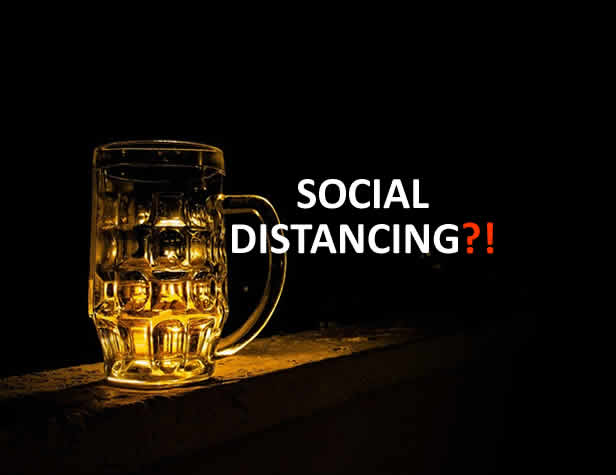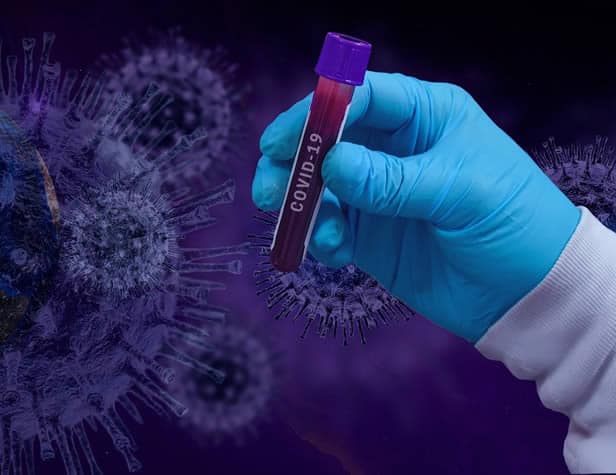Can liquor shops handle Social Distancing protocols?

Last updated on February 13th, 2023 at 04:20 pm
Liquor (like most of the West) makes India go around too. But a prolonged Corona Virus lockdown across the nation of 1 billion people has led to an unbearably stretched dry spell. Centre has been under immense pressure to open up liquor stores. But this isn’t because people are suffering due to withdrawal. It is more because States are losing on revenue.
The dry spell seems to be killing people more than contracting the Covid-19 disease itself. Cases of withdrawal, domestic violence, child abuse and the likes were reported to the dismay of the local police authorities, who were not in a position to arrest and respond to thousands of complaints which were pouring-in on a daily basis.
Ironically, Health Ministry at WHO has been insisting that abstinence is better than indulgence as liquor tends to weaken the immune system.
The mandatory ban on liquor sale since lockdown was imposed in the end of March. The reasons were simple: curtail the spread of the virus, control movement, adhere to a strict social distancing guideline and maintain the spirits of the general public. But the reality of the nation’s life condition was seen sooner than expected. It was withdrawal that was creating more unrest than loss of jobs, no schooling, meager rations, lack of sanitization, etc.
States most affected by liquor lockdown includes Uttar Pradesh, Karnataka, Maharashtra and Punjab that has reported loss of Rs. 50-100 crore per day. On the flipside, there is a danger of a massive underground illicit liquor mafia to make a beeline at such times of dry spells. Local authorities and police have been warned to crack down on known and emerging players in the Uttar Pradesh liquor market for example.
But a temporary drop of closure on May 04 only racked havoc in the huge Indian population. Social distancing thrown on the sideway, the shops thronged with eager buyers, needed police intervention. States of Delhi, Maharashtra, Madhya Pradesh, Tamil Nadu were compelled to decide independently whether to continue liquor or not.
Each state chose a different strategy. Delhi for example, made up for lost revenue and levied a special corona fee of 70% over and above the MRP approved by the Lieutenant governor Ajay Baijal. Many have had to close shop due to unruly crowds. Tamil Nadu has chosen to go the home delivery and e-commerce route to prevent any more spikes of cases. TASMAC was found in violation of all social distancing rules. Madras HC has issued a seal on all liquor outlets in Tamil Nadu.
It’s the most effected state in the country after Maharashtra that has now decided to partially open access to liquor supply again. Other cities are following the same suit but at their own risk, as chances of contraction became manifold in mass crowds that are flocking the liquor stores, health ministry has warned.
Alcohol has always made the world go around; it is something that brings back the magic and joy to life of many. Consumed in moderation, liquor is a preferred lifestyle practice abroad and a necessity in India. For many middle and lower middle class families, liquor is a way of forgetting the real world of hunger, unemployment, lack of financial stability, food insecurities are the likes. But the gentry might have to evolve and become aware of the needs of genuine survival. Else we will have a situation, where more lives will be lost to intoxication or the lack of it, than the virus itself.
Most Indian states might be lifting liquor ban after all. But social distancing has to rule the roost. While the Centre remains in control of things, states have to act more responsible and show active mature leadership for a long term benefit of all- the state and its people too.
Read: Mammoth Vande Bharat mission set to bring Indians from 7 countries today


